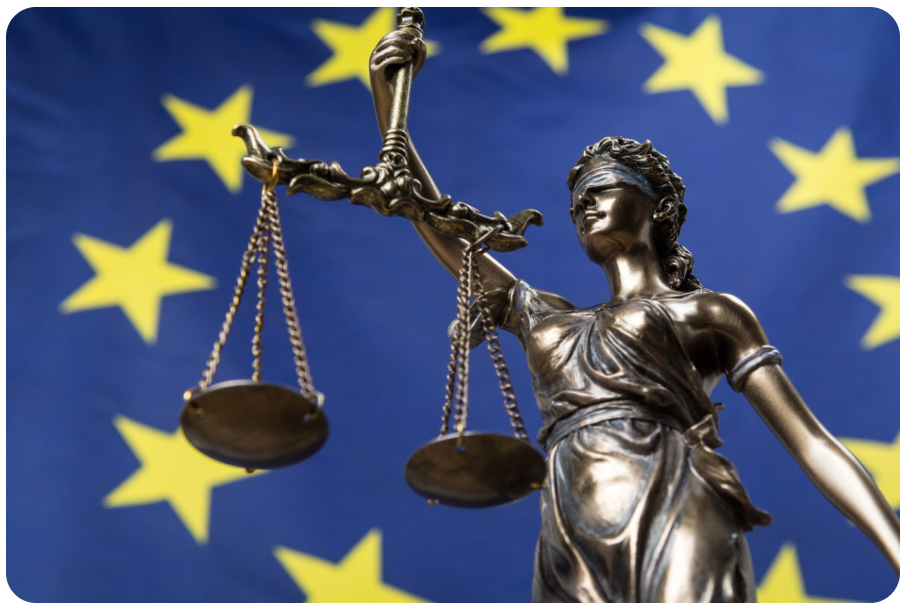Press Release
 Alex Hazell at Acxiom explains why legislators would be wrong to call time on the use of people’s data for marketing
Alex Hazell at Acxiom explains why legislators would be wrong to call time on the use of people’s data for marketing
At the end of 2020, the European Commission set out its proposal for one of the biggest reforms to EU digital regulation in over twenty years.
The Digital Markets Act (DMA) aims to curb the power of platforms with strategic market status, while the Digital Services Act (DSA) builds on the e-Commerce Directive, which was adopted in 2000. That’s a lifetime ago in the technology world, and regulation needs to modernise to address new and better understood challenges in the online world. EU political agreement has now been reached on both these Acts.
The DMA and DSA address some of the most pressing issues in the online environment. The largest digital companies, called ‘gatekeepers’ in the DMA, will have to comply with a new set of obligations and prohibitions. These include greater interoperability across messaging services, and adding further restrictions to the combining of personal data across different platforms.
The DMA is designed in part to make life easier for advertisers by requiring gatekeepers to provide them with both individual-level and aggregated data that can then be analysed in an environment controlled by the advertiser.
The DSA, meanwhile, requires platforms to protect users from illegal content, goods and services. It for example includes obligations for large digital platforms to analyse the systemic risks they create and to carry out risk reduction analysis.
The DSA will also give users better control over how their personal data is used. It mandates for example that online platforms should not make denying consent for processing personal data harder than giving it; targeted advertising based on sensitive personal data will be prohibited as will targeted advertising to minors.
As well as working to try and create a fairer business environment and to counter what the Commission sees as the overwhelming dominance of US-based services and corporations within the digital realm, they’re also with these new laws seeking to try and reinforce the protection of individuals and their fundamental rights online.
More than just cookies
Another landmark piece of EU digital law, the ePrivacy Regulation, also reached agreement within the Council of the EU in early 2021, paving the way for negotiations between the EU Parliament and Commission.
While it is much more wide-ranging, it’s often referred to as ‘the cookie law’, as it aims to give clearer rules on user choices about what cookies are stored on their devices. The ePrivacy Regulation will unify the 27 different sets of rules across EU countries into a single set, making compliance more uniform across the single market.
The power of being online
As debates on these pieces of legislation continue, it’s worth remembering there is a careful balance to strike. Correcting market dominance is laudable, but improving consumer privacy shouldn’t prevent online marketplaces and digital advertising from generating economic value around the globe.
Sustainable economic growth is one of the UN’s sustainability goals, against which the EU has committed to show progress. The ability to reach audiences through marketing and advertising provides a lifeline not just for huge global brands, but also the many millions of small and medium sized businesses who can reach customers online at scale.
Industry voices
We need to find a third way. The approach taken in the UK, which is now free to make its own standards, is promising. The Data Reform Bill, currently in its draft stage, has emerged as a piece of legislation the UK Government is keen to highlight as a dividend for businesses reaped from the UK’s legal separation from the EU.
Among the proposed changes include removing some of the compliance obligations seen by the government as creating unnecessary barriers to innovation. Other changes include the removal of the consent requirement for audience measurement cookies.
With the Data Reform Bill, the UK Government has prioritised the importance of personal data to the economy, and technical innovation at large. It will take continuing dialogue between marketing services companies, online publishers and regulators to ensure emerging technologies are developed responsibly and using personal data transparently and fairly.
Striking a careful balance between innovation and economic growth and data protection is extremely difficult. At the same time, we need greater plurality in the voices of our elected representatives, otherwise we risk a huge disconnect between regulations as they are written, and how they are being interpreted and implemented in practice.
Debate on tricky issues like digital sovereignty, and the future of online marketplaces, look set to continue for some time to come on both sides of the English Channel. Let’s find ways to ensure meaningful data protection rights that can also allow us to continue to enjoy the benefits a fair and free Internet brings us around the globe.
